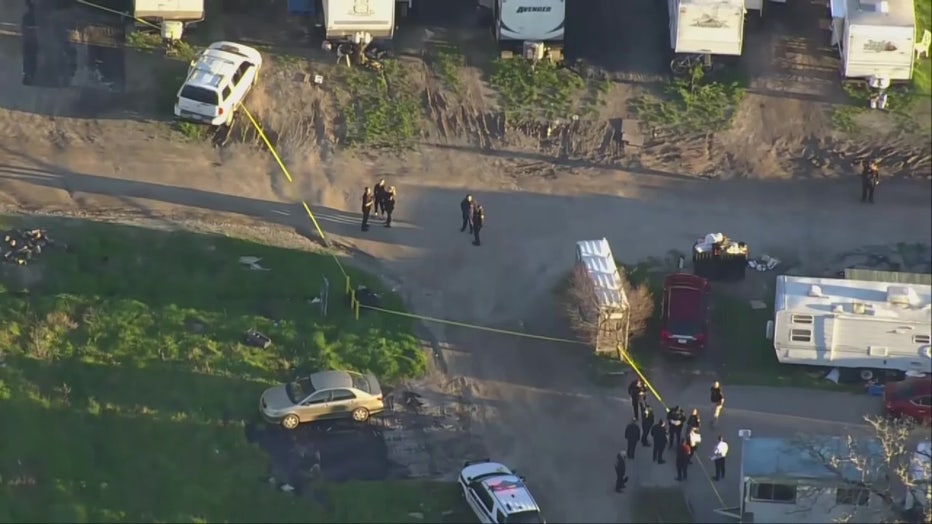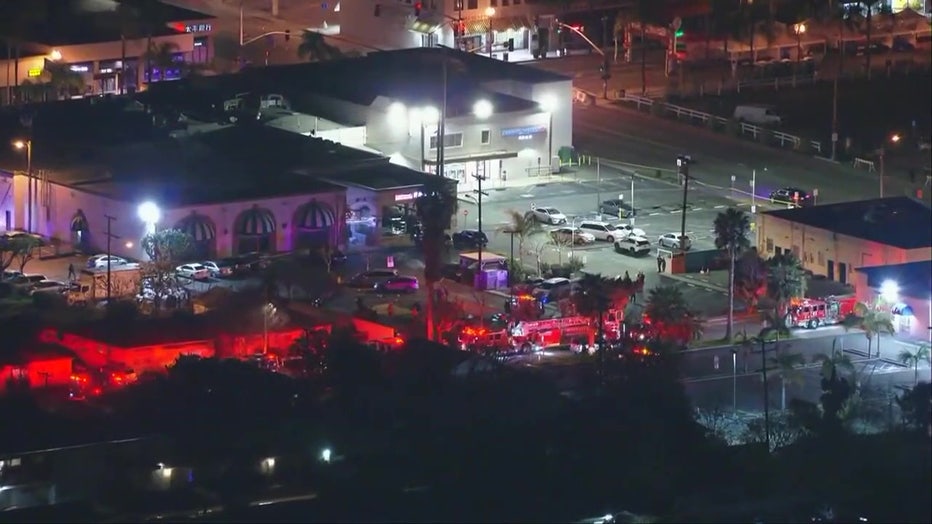Secret Service releases study that tracks five years of mass attacks
TAMPA, Fla. - For the first time, the U.S. Secret Service released a threat assessment report tracking multiple years of mass attacks, just as 19 people died in three mass shootings in less than 48 hours this week in California.
The report looks at all facets of the mass attacks, including a quarter of the attackers holding conspiracy theories or hateful ideologies during the time frame investigated. The agency analyzed years of data and behavior in a first of its kind report.
RELATED: 'It's insane': California copes with 3rd massacre in 8 days
The Secret Service found there’s no specific profile for a mass attacker, with the behaviors they found among them not suspicious on their own. So the agency said looking at all the threatening and concerning behavior in context is important.

The Gun Violence Archive tracks mass shootings across the US, finding 40 mass shootings so far this year.
"When we look at the number of people who have been shot and killed or injured or killed this year, we're just about even with last year," said Mark Bryant, the executive director of the Gun Violence Archive (GVA). "When we see that, those only account for about 6 percent of all of the work that we do at GVA. The other 94 percent is just these very simple, one on one shootings, and they're driven by anger."
READ: Lunar New Year massacre: Victims of the Monterey Park mass shooting
That kind of behavior was front and center in the new threat assessment study on mass attacks in public spaces from the Secret Service. It found 173 attacks from 2016-2020, the majority of them involving guns.

"One of the things they said was that 93% of those who committed these acts had stressors like divorce or behind their bills and all that sort of thing on them," said Bryant who read the report.
The Secret Service found half of the attackers retaliated for perceived wrongs, and over half of the attackers experienced mental health symptoms prior to or at the time of their attacks, including depression, psychotic symptoms and suicidal thoughts.
"There's a big difference between mental health and crisis on one hand and mental illness on the other," said Joel Dvoskin, a clinical assistant professor of psychiatry at the University of Arizona. "So when people say the problem is this is all people with mental illness, it's actually not. People with serious mental illnesses are not any more likely than anybody else to commit gun violence."

Dvoskin does a lot of work with threat assessment, and he said the questions after mass shootings need to change.
"We keep having the wrong conversation in America, that the conversation we have is, are guns good or bad?" said Dvoskin. "The question we should be asking is how can we live more safely with all these guns."
PREVIOUS: Biden, Democrats push for semi-automatic weapons ban
So as researchers, government agencies and the public grapple with what to do, the spotlight never leaves the loved ones lost.
The Secret Service hopes communities will take a look at the report to help them come up with strategies to assess behavior and prevent violence before it happens. Click here to view the study.

